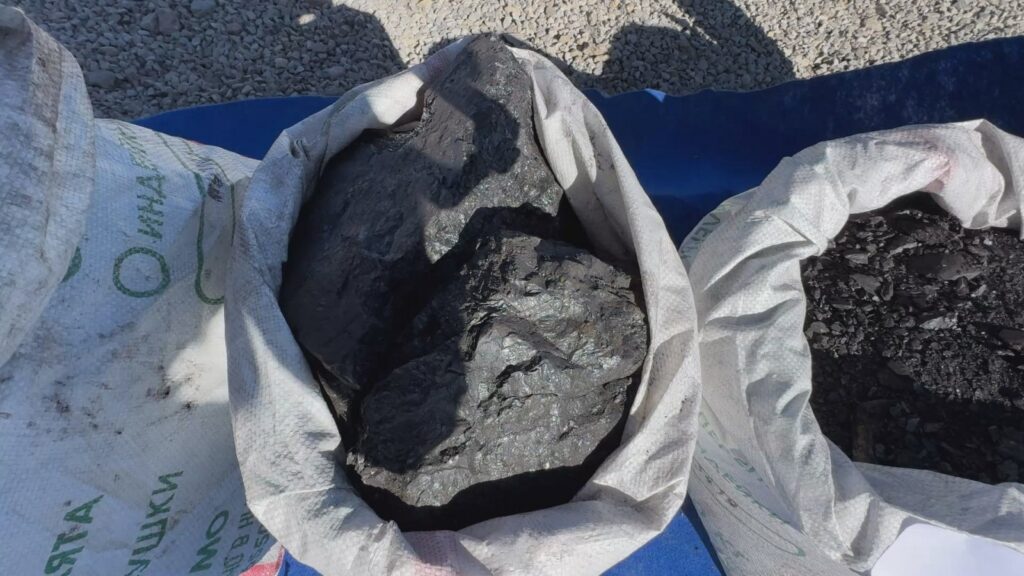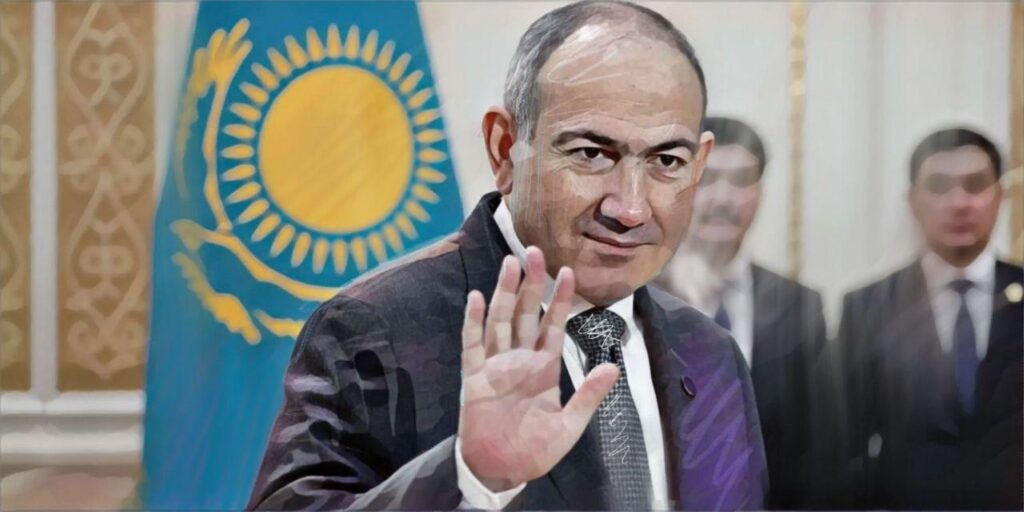On his state visit to Tajikistan on July 5, Chinese President Xi Jinping confirmed China’s unwavering support of the country’s independence, sovereignty, and territorial integrity, and ready to develop a comprehensive strategic partnership between the two countries, engaged in negotiations with Tajik President Emomali Rahmon in Dushanbe.
Opening the meeting, Rahmon said that for Tajikistan, strengthening a comprehensive strategic partnership with China is a priority, and added that Dushanbe firmly supports the one-China principle and opposes any form of Taiwan independence.
As reported by Rahmon’s press service, the leaders discussed expanding cooperation in trade and economy, as well as Chinese investment in industry, energy, transport, agriculture, digitization of the economy, and artificial intelligence.
Today, over 700 of Tajikistan’s industrial enterprises, including mining and mineral processing, are financed by Chinese capital, and looking ahead, the leaders earmarked the joint production of green technologies, and in particular, electric cars, solar panels and smart electric grids, as promising areas for cooperation.
Following the talks, the Chinese president told journalists that the two sides agreed to focus on high-quality Belt and Road cooperation, promote the synergy of the two countries’ development strategies, and assist each other’s modernization drive.
Xi also announced China’s readiness to increase its importation of quality products from Tajikistan and pledged support for boosting the country’s transit potential.
Later in the day, the Chinese and Tajik presidents attended the inauguration of new parliament and government buildings in Dushanbe, built with China’s support.
As testimony to the strong relationship between the two, Xi Jinping presented President Rahmon with the Friendship Medal of the People’s Republic of China; the first time the award has been received by anyone outside China.









